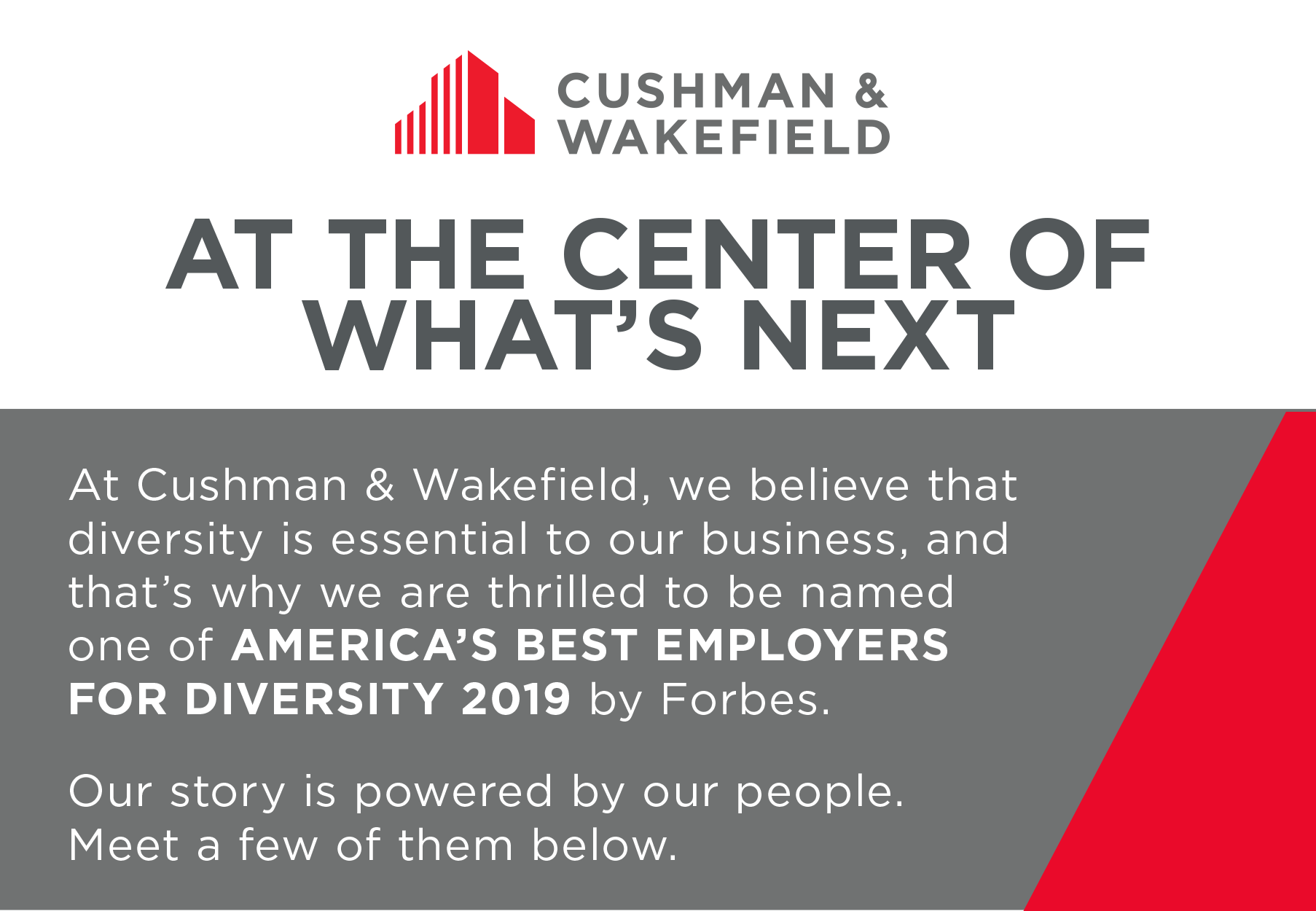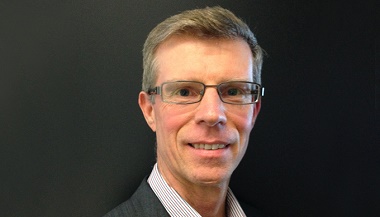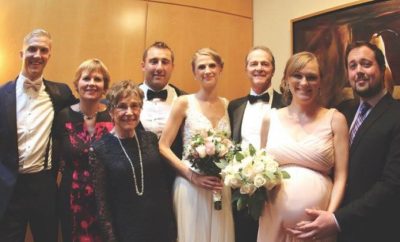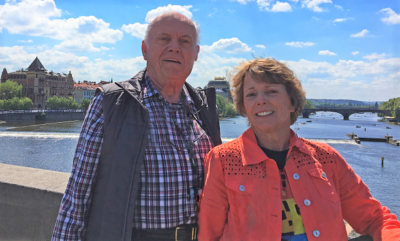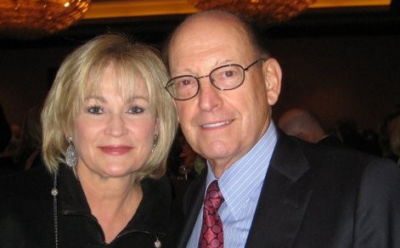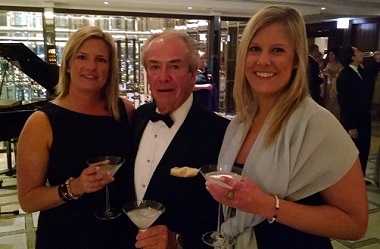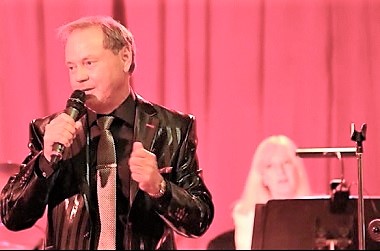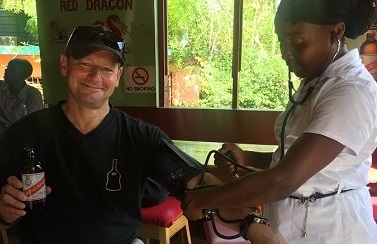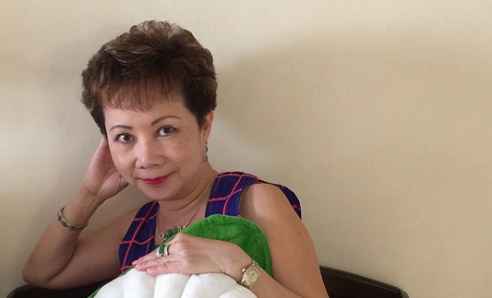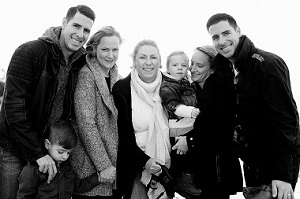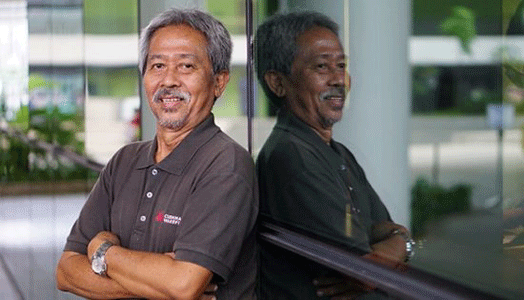| Building on a family legacy of leadership in commercial real estate, Louis (Lou) B. Cushman has worked in the business for 52 years, amassing a bulging portfolio of trophy wins in the U.S. and internationally, industry and community awards, and recognition for growing the Houston office, and mentoring many young people along the way.
Lou and his twin brother, John C. Cushman, III, are still going strong in the firm that was founded 100 years ago in New York City in 1917 by their grandfather, J. Clydesdale Cushman, and their great uncle, Bernard Wakefield. Their steady contribution has gone a long way to defining our unique culture, known for the loyalty and long service of fee earners and staff alike. And, both brothers have the same intensity, focus, passion and pride in delivering outstanding client service that they had over 50 years ago.
Lou got his start in New York City in 1965 with his father, John C. Cushman, Jr. (who was Executive Vice President of Cushman & Wakefield, Inc. prior to leaving in 1964 to start his own firm) at J.C. Cushman Inc.
In 1967, Lou joined Cushman & Wakefield, working out of the firm’s Wall Street office. In 1971, he relocated to Houston to open and head up the new office. In Houston, Lou served as Senior Vice President of Cushman & Wakefield and Executive Vice President and a Director of Cushman & Wakefield of Texas, Inc. He famously put Houston on the map and rapidly built it up to become one of firm’s most successful offices.
According to his brother John: “Lou built the No. #1 office pound for pound that Cushman & Wakefield has anywhere in the world.”
Lou says his signature deal was the Pennzoil Company headquarters lease for 250,000 square feet in Pennzoil Place in 1972. This marked his first major lease both in Houston and with Hines, making possible a truly iconic building in the world of office building development.
From the very beginning in Houston, one of Lou’s greatest priorities was to be a role model to all those in his office. He worked to instill work ethic, teamwork, attention to detail (especially on legal documents), professionalism, pride and integrity, and the importance of verbal and written skills. Through his mentoring, Lou has had an indelible effect on and advanced the real estate careers of many, including support staff.
In 1978, Lou and John established Cushman Realty Corporation; after achieving national prominence, their firm was acquired by Cushman & Wakefield in 2001. Today, Lou is Vice Chairman of Cushman & Wakefield and serves on the Global Advisory Board.
Lou’s passions include travel, collecting art and antiques, architecture and interior design. Most of the public area art in the Houston office is his, and he supports numerous Houston art institutions, like the Menil Collection. Mountain climbing is another passion – and not just metaphorically in work; he’s scaled Mt. Rainier twice.
A personal story Lou likes to tell goes back to when he and his brother, John, went to Havana, Cuba in 1959, against their parents’ orders. Once they saw a billboard advertising the $27 round trip, they couldn’t resist. By sheer coincidence, they met Fidel Castro, got his autograph, and had their photograph taken with him.
Below, Lou Cushman gives more insight into his incredible career. |

